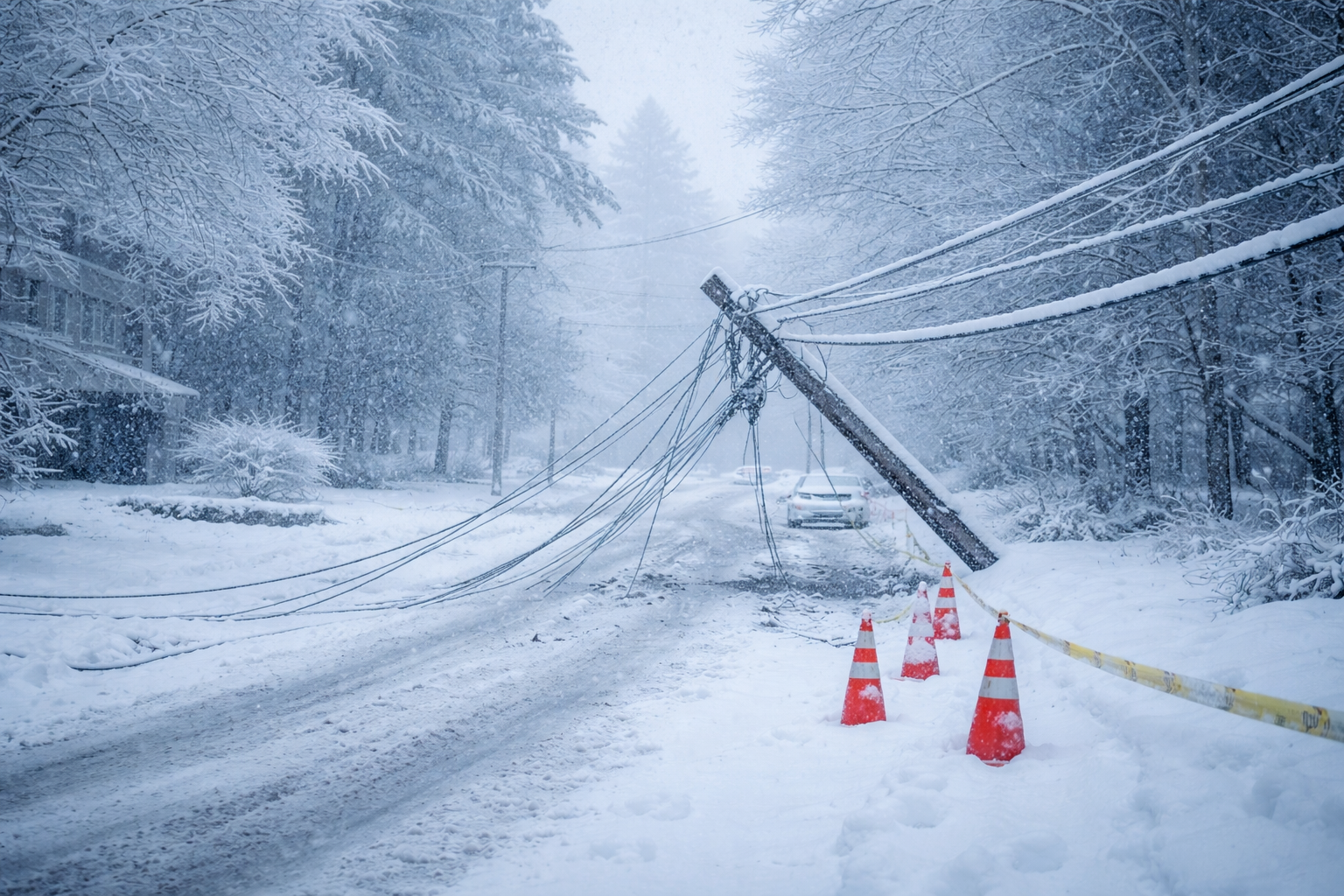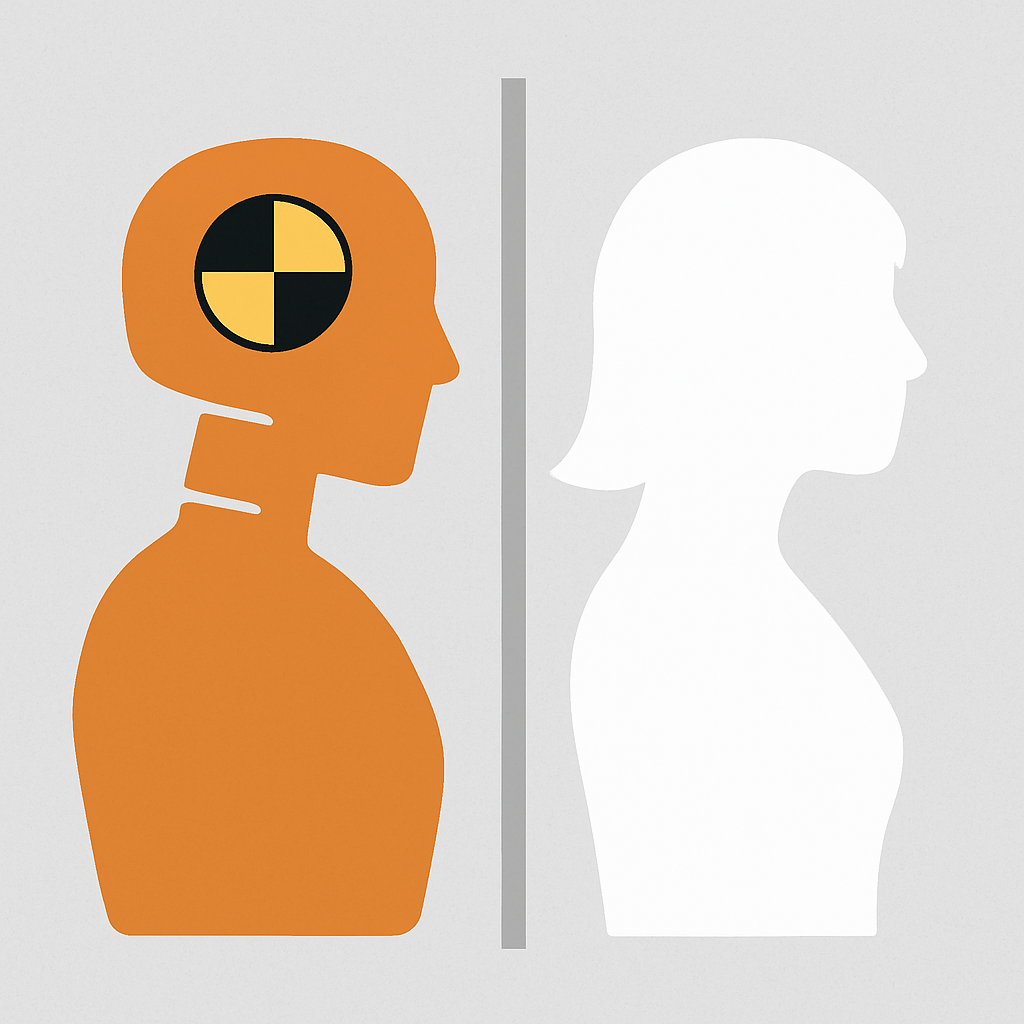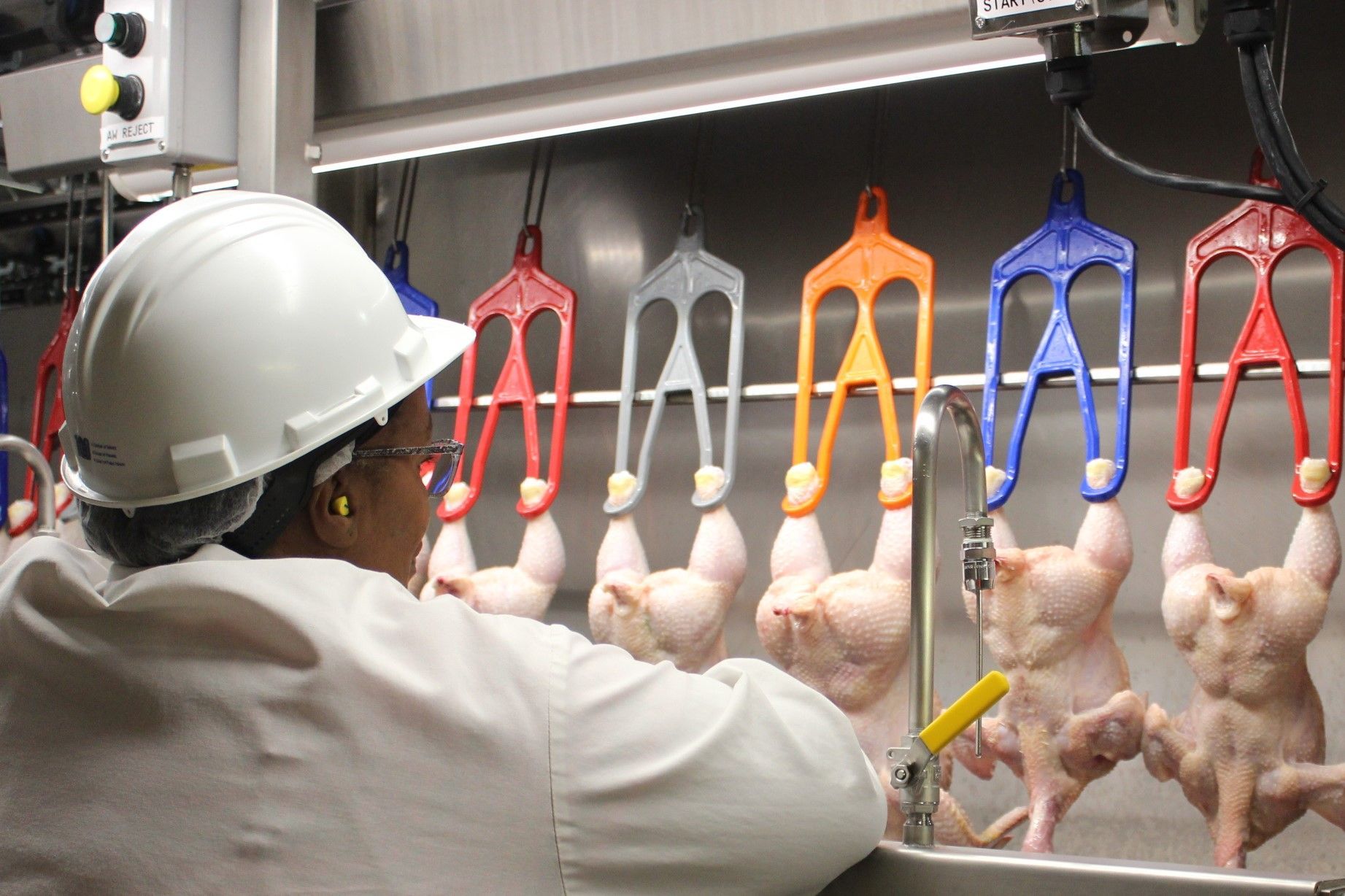WARNING: SPACE HEATERS NEED SPACE OR THEY CAN KILL YOU!

Earlier this month, a horrific fire erupted in a Bronx, NY apartment and quickly spread throughout a 19 story building killing 17 people, including 8 children, in one of the most deadly fires in New York City history. All of the victims died from smoke inhalation. According to the FDNY, there were several space heaters running at the time of the fire in the second-floor duplex apartment, and all of them had apparently been left on for days. Exacerbating the damage from the apartment at ground-zero was the apparent malfunction of a self-closing door that was left open, allowing the smoke to spread throughout the entire building.
According to the Consumer Product Safety Commission (CPSC), fixed position and portable electric space heaters account for approximately 3500 residential fires a year with 60 deaths and 340 injuries. However the National Fire Protection Association (NFPA) estimated that electric-powered space heaters (fixed-position or portable) were associated with an annual average of 9,680 fires, 172 deaths, 742 injuries, and $248 million in property losses. The NFPA report lists: “Heat source too close to combustibles,” as the leading factor contributing to ignition for electric space heater fires, in an estimated 28 percent of the fire incidents. The presence of combustibles provides the fuel and the potential to initiate a fire. A more recent report by the NFPA (January 2021) concluded that during a five year period (2014-2018), fire departments responded to almost 50,000 residential fires involving portable space heaters resulting in 500 civilian deaths and 1350 injuries. According to the NFPA, almost 1/2 of all residential fires are caused by portable space heaters as well as a staggering 81% of all deaths and injuries.
Whatever statistics you choose to rely upon, there can be no escaping the simple fact that space heaters can be a very deadly source of fire in your home, especially if you don't follow some vitally important safety rules about their proper use.
Keep anything that can burn at least 3 feet from heat sources
- Never leave a space heater unattended. Turn off when leaving a room or sleeping
- Never plug a space heater into an extension cord; plug directly into the outlet
- Only use space heaters on level, flat surfaces on the ground
- Have a qualified service professional inspect your heating system annually
- Install and maintain carbon monoxide alarms
- Never use a space heater or any appliance with a damaged cord
- Never use a space heater to cook food, dry clothes or warm linen (or other object)
In addition to the above safety rules, manufacturers have also stepped up their game to improve the safety of the heaters themselves by installing, in some cases, infrared sensors which can detect objects that may be too close to the heater or set off an alarm (or shut off heater) if temperature gets too hot or even turn off heater if it tips over.
Since most residential fires occur in the winter months of December, January and February, and half of those fires involve a space heater, your life and the lives of your loved ones may depend upon using a space heater equipped with necessary safety devices and following the above safety rules.
_________________________________
Check out my latest podcast "EXPOSED! An Exclusive Look Behind the Curtain of Corporate Greed"
Check out my book "Murder, Inc.: How Unregulated Industry Kills or Injures Thousands of Americans Every Year...And What You Can Do About It". Available in Hardcover, Paperback, Kindle & Audiobook on Amazon now.














